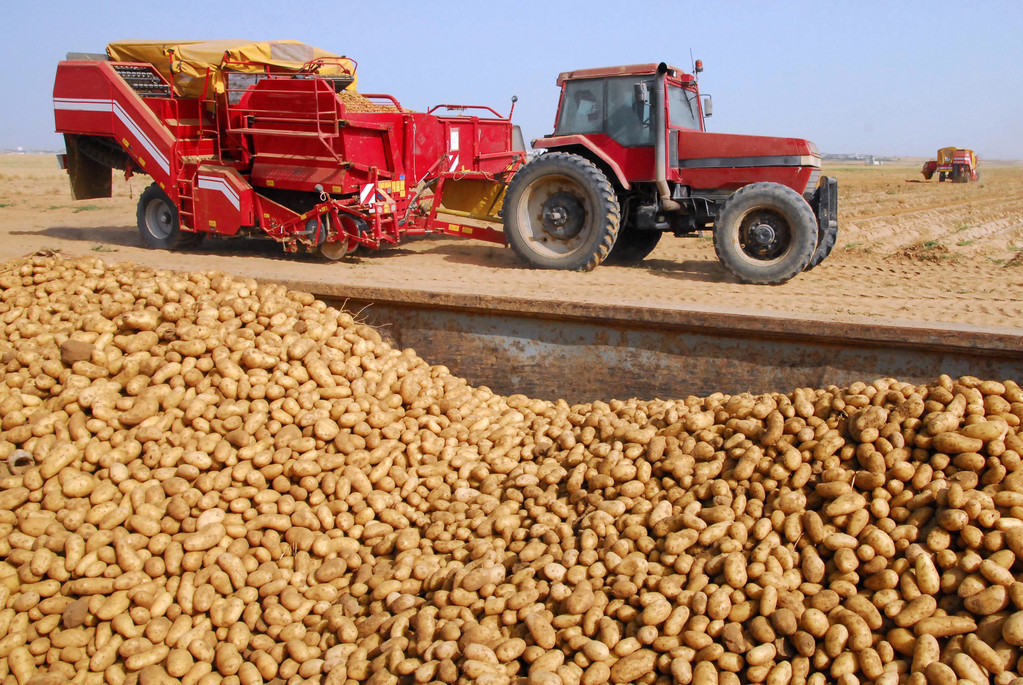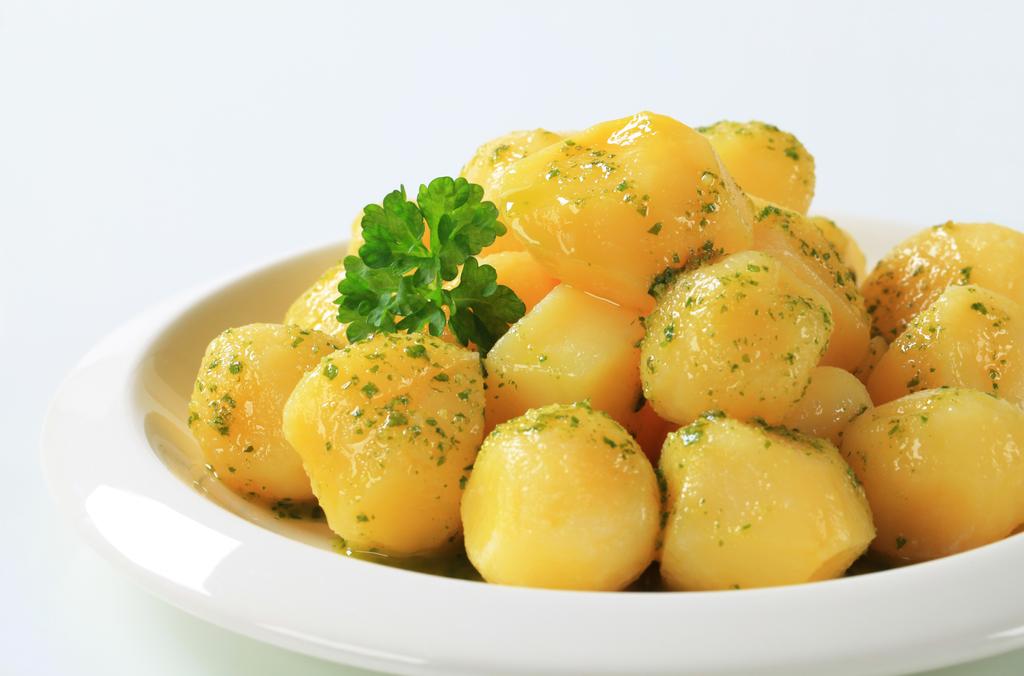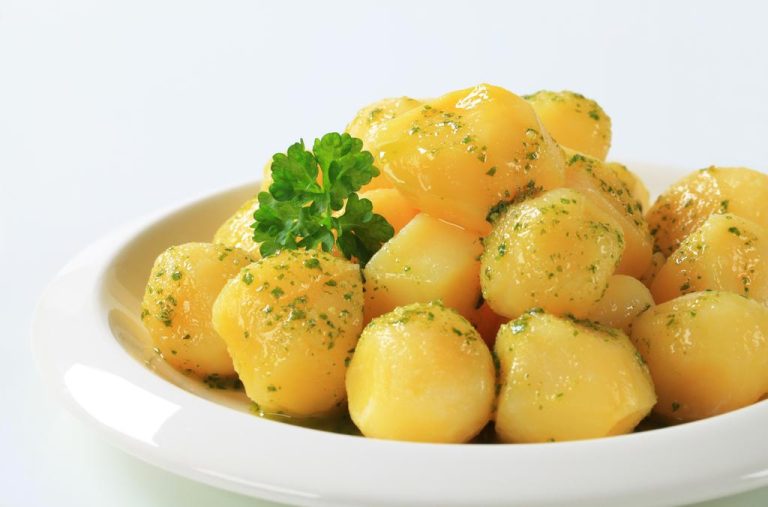Potatoes develop sprouts after a few days of storage. These increase the amount of solanine in the tuber. Many are therefore wondering whether sprouted potatoes should be eaten at all – because solanine is poisonous.

Potatoes have natural toxin in skin and sprouts
Basically, potatoes are one of the staple foods. Rich in vitamins, minerals, fiber and phytochemicals. Their fat content is also low. The “German Society for Nutrition e.V.” therefore recommends “eating plenty of potatoes”.
However, potatoes are also rich in solanine – a toxic glycoalkaloid. It is a natural toxin that builds up just under the skin and especially in the sprouts. Solanine is also found under the skin of the potato, which is why you should peel potatoes in the future. The Bavarian consumer advice center therefore warns that the solanine content in “wrongly stored” potatoes in particular can rise to levels that are harmful to health.
If potatoes are stored at more than twelve degrees Celsius, the potato tubers often sprout prematurely. Like the green spots that appear when exposed to light, the shoots also contain poisonous solanine and other bitter substances.
Too much toxic solanine in sprouting potatoes
The more buds the potato has already formed, the more poison there is in the tuber. If potatoes are shriveled and soft due to incorrect storage, we should no longer eat them. The consequences are otherwise noticeable in irritated mucous membranes, vomiting, diarrhea and abdominal pain. These unpleasant symptoms can occur even after consuming as little as one milligram of solanine per body weight.
“Cutting away” the buds and liberally peeling the potatoes is often not enough, experts warn. Large areas of green or heavily sprouted potatoes should no longer be eaten. Eating unpeeled potatoes also increases the risk of consuming too much solanine.
Important: The cooking water from potatoes should not be used for anything else either. Because some of the solanine goes into the water.

Solanine is heat-resistant – it is better to cut off sprouts generously
Also treacherous: solanine is heat-resistant and remains largely intact even when cooking, roasting or deep-frying. Consumer advocates therefore advise buying potatoes in opaque packaging, such as paper bags, if possible. They should then be stored in a cool, dark place, for example in a cellar or pantry. If this is not possible, it is better to buy only small quantities and use them up quickly.
The rule of thumb is: If the germs are no more than one centimeter long, the solanine concentration is still low. If you cut off the sprouts generously, nothing stands in the way of consumption. If the sprouts are already very long – the tuber is densely covered with sprouts – it is better for the potato to go in the garbage. Potatoes with very green spots also contain a lot of solanine and should better be sorted out. It is often not enough to cut generously.
By the way: Solanine is also contained in other nightshade plants such as tomatoes. The bitter-tasting glycoalkaloid protects plants from predators.

